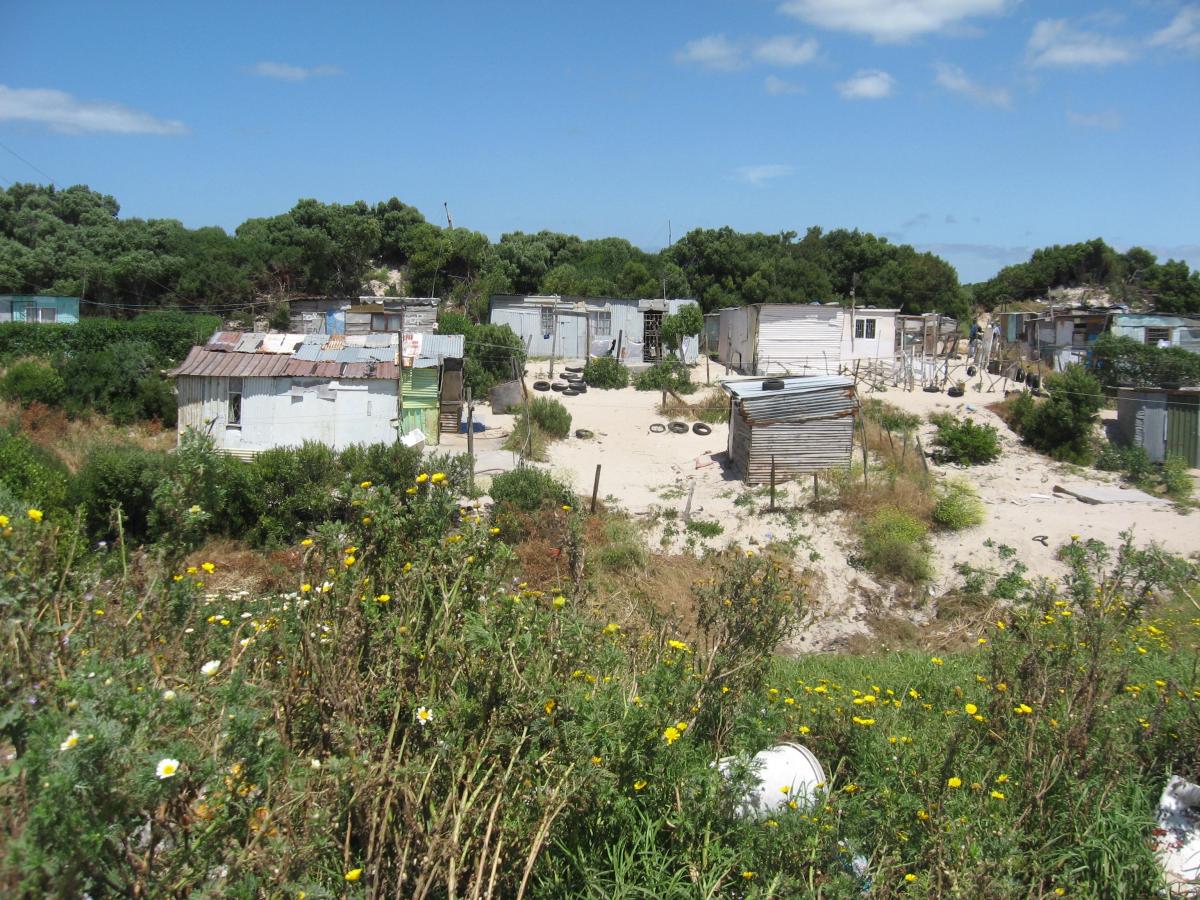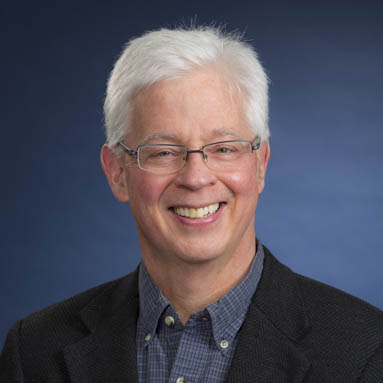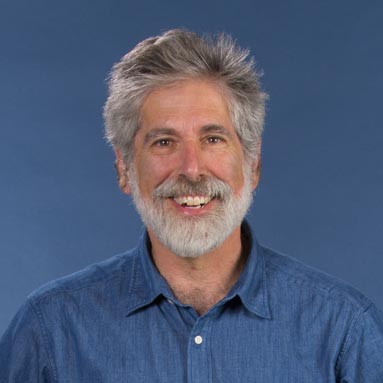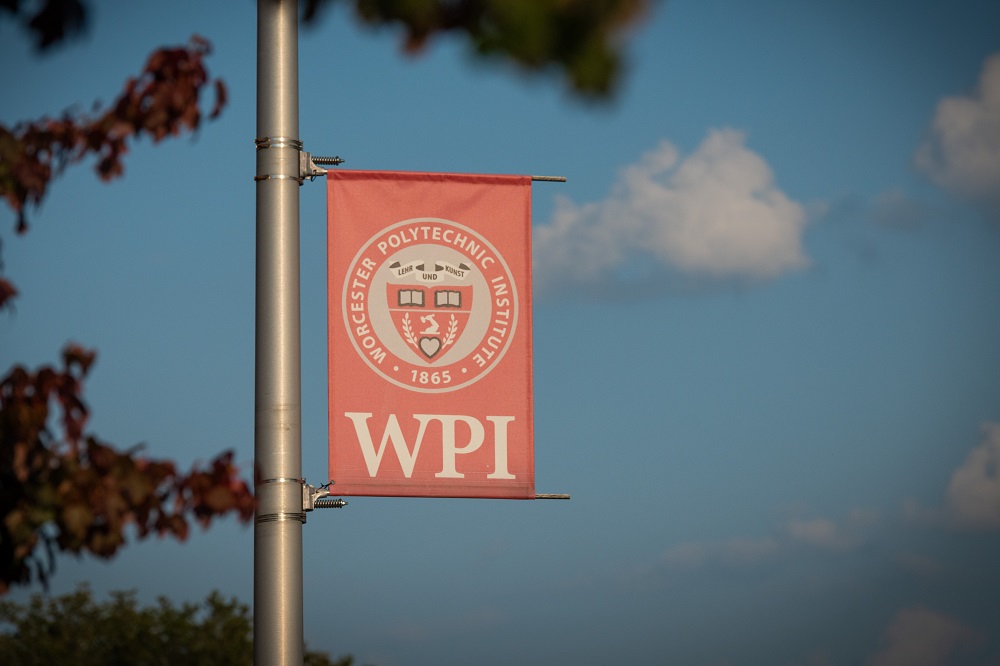 WPI’s Cape Town Project Centre (CTPC) in South Africa figured prominently in an article that earned a Best Paper of 2012 award for three WPI faculty members at the Academy of Management Learning & Education (ALME) annual meeting, held August 9-13 in Orlando, Fla.
WPI’s Cape Town Project Centre (CTPC) in South Africa figured prominently in an article that earned a Best Paper of 2012 award for three WPI faculty members at the Academy of Management Learning & Education (ALME) annual meeting, held August 9-13 in Orlando, Fla.
The paper, titled Teaching Social Entrepreneurship and Innovation from the Perspective of Place and Place Making, discusses the importance and advantages of employing a “place-based approach” to learning when teaching social entrepreneurship. It was co-authored by WPI School of Business professor Michael B. Elmes, and Scott Jiusto, and Robert Hersh of the Interdisciplinary & Global Studies Division, along with Gail Whiteman of Erasmus University and Greig Tor Guthey of California State University–San Marcos.
The article explains that a place-based approach emphasizes to students a sense of place―specifically, the complexities of the history, political dynamics, networks of people, ecosystems, and human interactions that define the community in which a project is embarked upon. This approach instills a more complex, holistic, and nuanced view than would traditional methods of teaching social entrepreneurship that primarily rely on textbook concepts of environment and community.
The authors present a case study that spotlights a water and sanitation project conducted at the CTPC (of which Jiusto is director) as an example of a place-based approach to social entrepreneurship education.
Established in 2007, the CTPC is part of WPI’s Global Projects Program, which offers project opportunities in two dozen centers around the world. Through the Centre, students may complete their Interactive Qualifying Project (IQP), which is intended to address a real-life problem related to technology, society, and human needs, or their Major Qualifying Project (MQP), whose focus is on the students’ main field of study. Projects in Cape Town involve working closely with local community members to improve living conditions.
According to Jiusto, CTPC’s place-based approach results in everyone coming away with a valuable learning experience.
“We think about our work as an experiment in shared-action learning―how can everyone involved learn from one another by seeking to change ourselves and, at least in a small way, the places that we come to care about,” he says, adding that change occurs through imagination, emotion, planning, risk taking and connecting with others.
Being recognized by AMLE, Elmes says, is a testament to WPI’s real-world, project-based learning philosophy.
“It says that we are doing something important, unique, and quite sophisticated in how we prepare our students, what experiences we provide for them, and how advisors guide them through the global project program.”
Alison Konrad, chair of the award selection committee for AMLE, said the paper earned Best honors because it represents the culmination of a significant amount work with substantial impact, on both the communities involved and on education in the field of management.
“The community service activity described in the paper is obviously deeply engaging to students, who learn a substantial amount about working in different cultures and contributing to society, and about their personal strengths and development needs,” notes Konrad.
Overall, she explains, the judges felt that the authors successfully advance the field of social entrepreneurship with their four-frame model of place-based learning. She adds that the students’ learning experience as reported by the authors showed significant growth in knowledge regarding how to serve communities in other cultures.
Founded in 1936, the 15,000-member Academy of Management publishes the Academy of Management Learning & Education, an academic journal whose stated mission is to advance the knowledge and practice of management learning and education. It is the top-rated journal in management education and ranked fifth out of more than 200 journals in the broader category of education and educational research.
― Mike D’Onofrio





